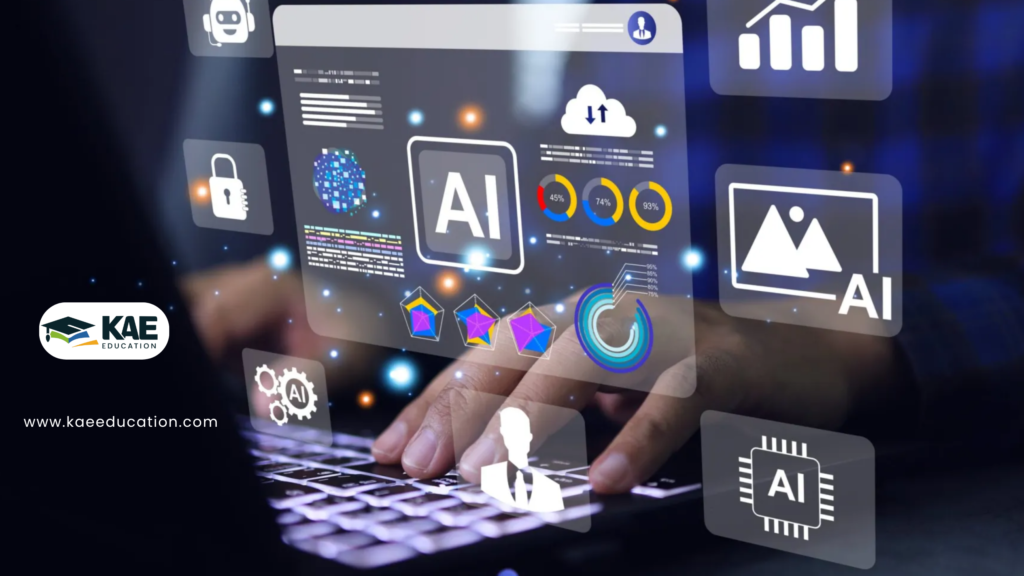AI and Data Analytics: Are They Technical or Not?
In today’s fast-evolving digital world, careers in AI and Data Analytics are booming. But a question many beginners still ask is: Are AI and Data Analytics technical fields? The short answer—yes, but with a twist.
While these fields are rooted in Technical knowledge like Coding, Algorithms, and Statistics, there are also Non-technical roles growing around them. Let’s break down what makes AI and Data Analytics technical, and where non-technical roles fit in.
What Makes a Field “Technical”?
A technical course or job generally involves:
(i) Programming and coding
(ii) Use of software tools and algorithms
(iii) Deep analytical or mathematical skills
(iv) Systems design and architecture
If a course or job demands working with Technology at its core, it’s considered Technical.
Is AI Technical?
Yes, Artificial Intelligence (AI) is a highly technical domain. It includes:
(i) Machine learning algorithms
(ii) Neural networks
(iii) Natural language processing
(iv) Computer vision
(v) Programming languages like Python, R, or Java
Professionals in AI often build smart systems that simulate Human intelligence, requiring advanced coding, data processing, and statistical analysis skills.
However, Non-technical roles in AI exist too. Product managers, AI strategists, and Business analysts help bridge the gap between Tech and Business, requiring understanding—but not necessarily coding skills.
Is Data Analytics Technical?
Data Analytics is both a technical and analytical field. It involves:
(i) Data wrangling and preprocessing
(ii) Using tools like SQL, Excel, Python, Power BI, or Tableau
(iii) Building reports and dashboards
(iv) Performing statistical analysis

While coding is useful, some roles are more focused on visualization or interpretation than deep technical work. For instance:
(i) A Data Analyst may need basic SQL and Excel skills.
(ii) A Data Scientist typically needs machine learning, coding, and statistical modeling.
(iii) A Business Analyst may work on insights and communication with less coding.
So yes, Data Analytics is technical, but the level of technical depth varies based on the role.
What About Non-Technical Roles in AI and Data Analytics?
Not everyone working in AI and Data Analytics writes code all day. Here are some non-technical roles:
(i) Project Managers: Oversee timelines and product integration
(ii) Data Storytellers: Turn complex data into presentations
(iii) AI Ethics Officers: Focus on responsible AI use
(iv) Analysts & Consultants: Provide insights from data with limited technical work
These roles still require understanding of core concepts, but they rely more on Business acumen, communication, and strategic thinking.
🎓 Learn AI and Data Analytics at KAE Education
Whether you’re looking for Technical mastery or Non-tech strategic roles, KAE Education offers the best certification courses in AI and Data Analytics. From hands-on coding in Python to learning tools like Power BI and Machine learning algorithms, their training programs are designed for all levels.
You’ll also explore real-world projects, resume building, and placement support to launch a future-proof tech career.
🔚 Final Thoughts
So, is AI and Data Analytics technical? Yes—but not exclusively. These domains welcome both tech-savvy developers and strategic thinkers. Whether you’re into algorithms or analytics, coding or communication, there’s space for you in this high-growth field.
Want to get started the right way? Explore KAE Education’s advanced AI and Data Analytics courses and find the role that suits your passion and skill set.
❓ FAQs: AI and Data Analytics – Technical or Not?
Do I need to know programming to start learning AI and Data Analytics?
Not always. While technical roles require coding, many beginner-friendly tools like Power BI or Excel don’t.
Can I work in AI or Data Analytics without an engineering degree?
Yes! Many professionals transition from commerce, marketing, and other fields into AI and Data Analytics through certification programs.
Is Data analytics or Artificial intelligence more Technical?
AI is generally more technical due to algorithms and modeling. Data Analytics can range from basic to advanced, depending on the tools and role.
Do non-technical positions in analytics and AI have a future?
Absolutely. Roles like AI strategy, data translation, and project management are growing fast as companies seek to balance Tech and Business goals.
Where can I learn both Technical and Non-technical aspects?
KAE Education provides comprehensive training covering both the Technical core and Business-oriented applications of AI and Data Analytics.
